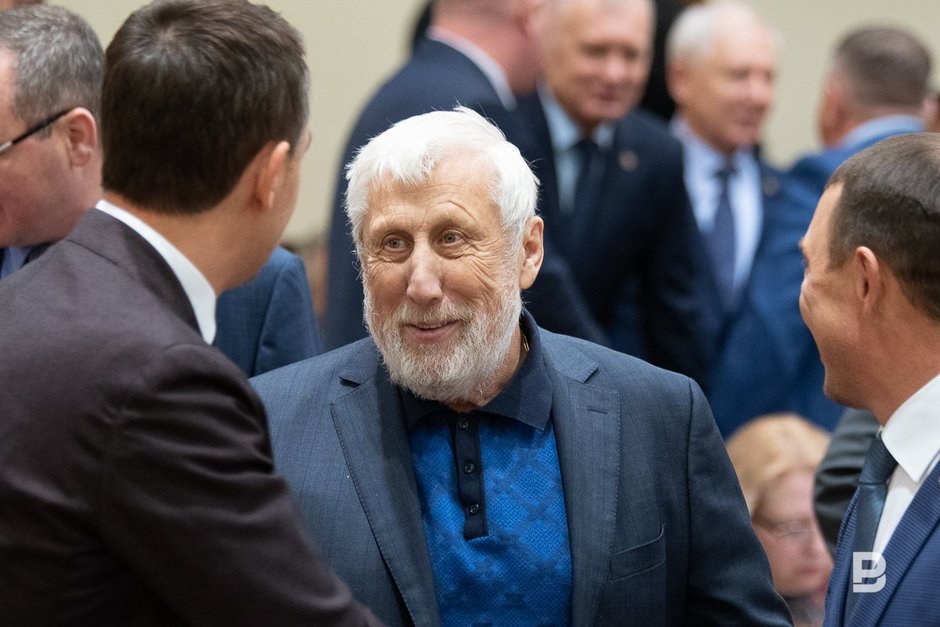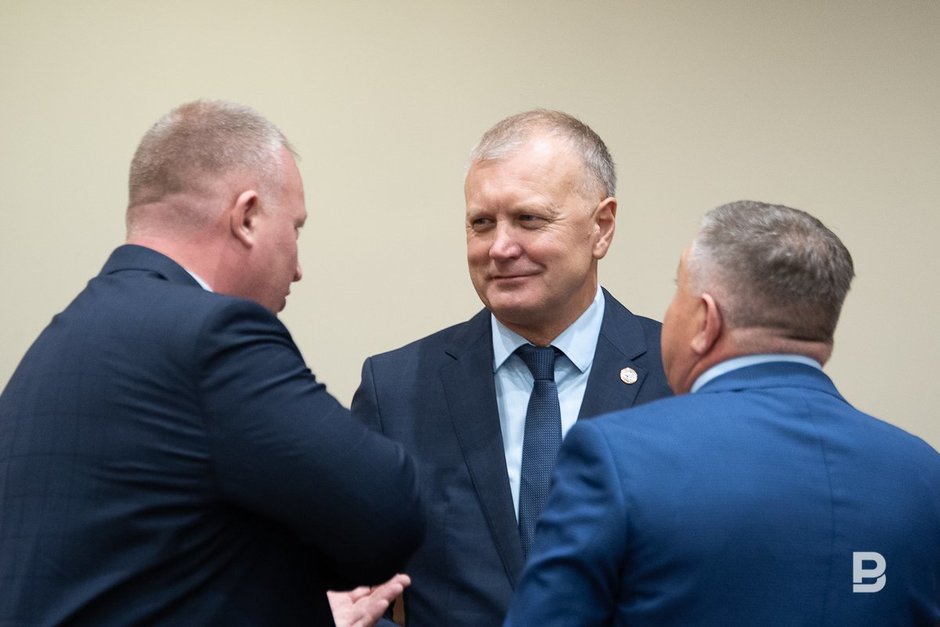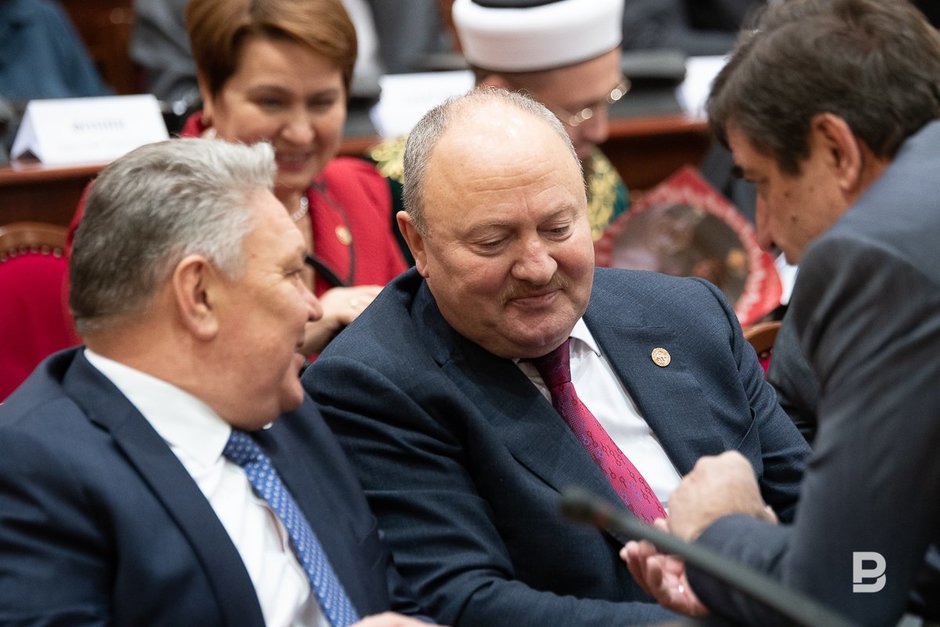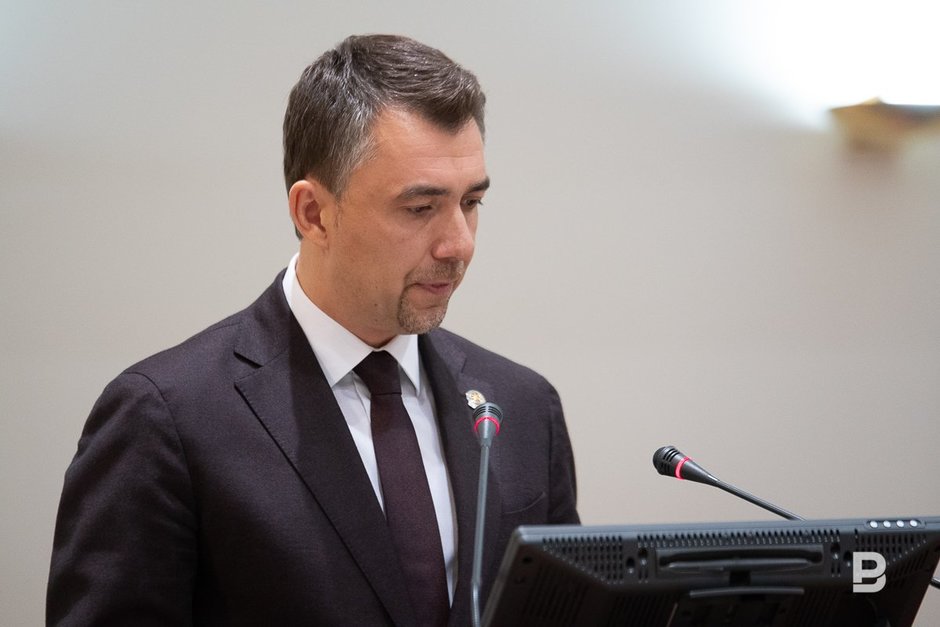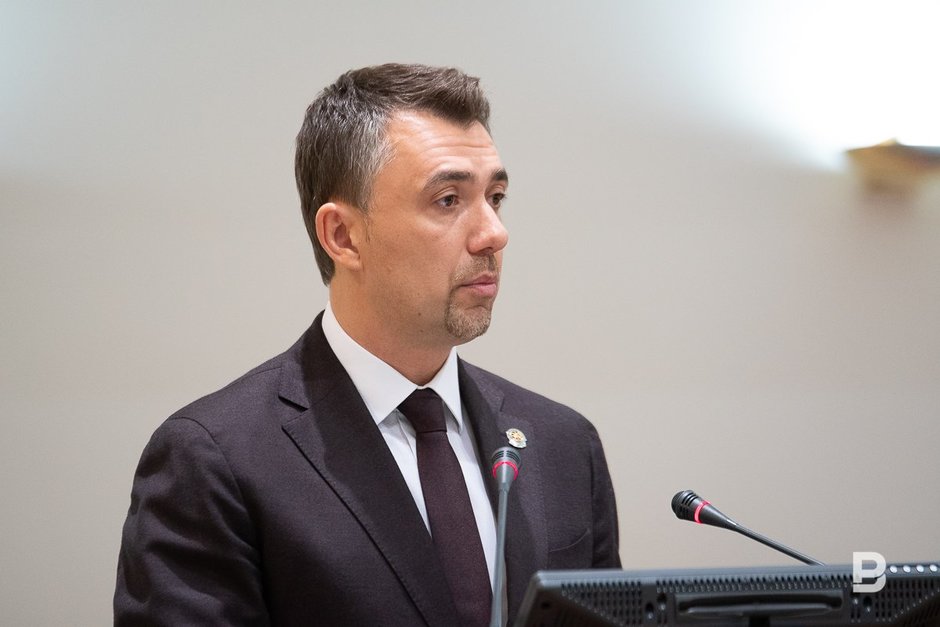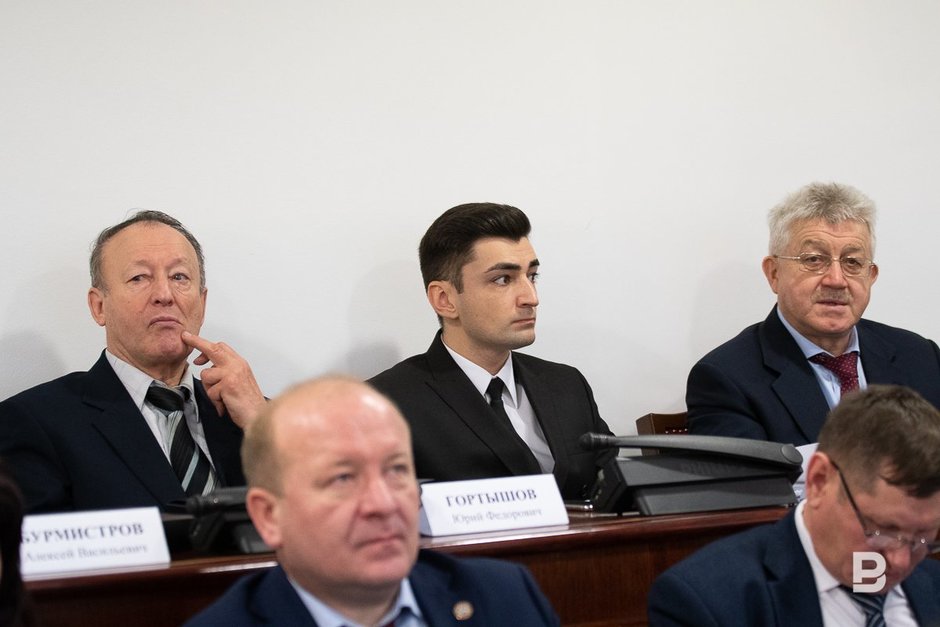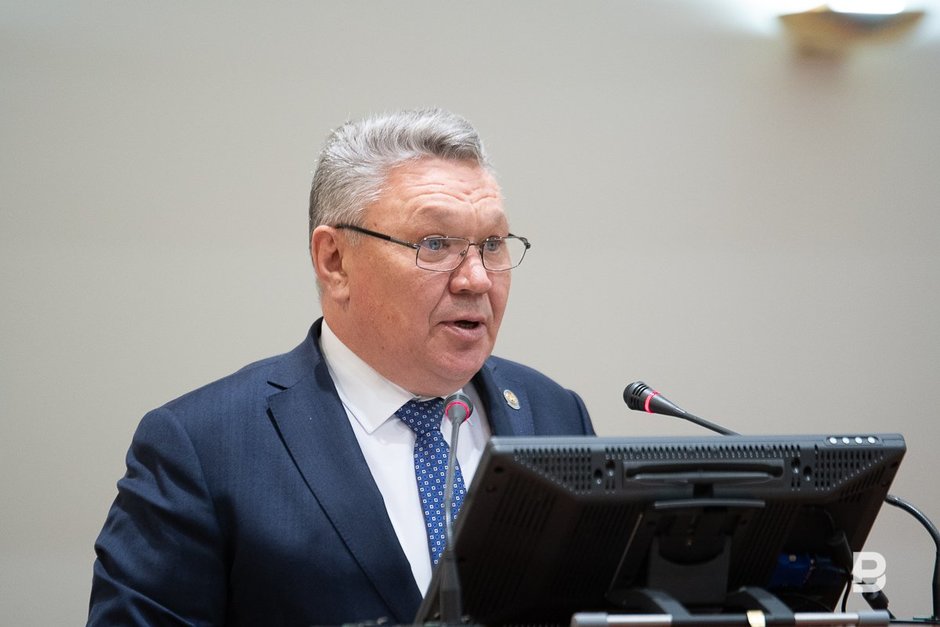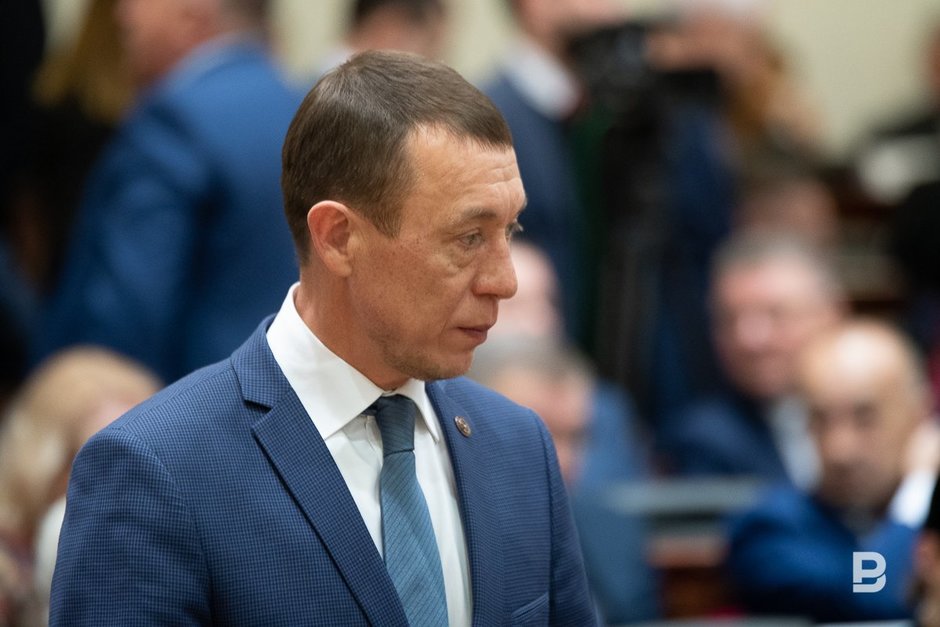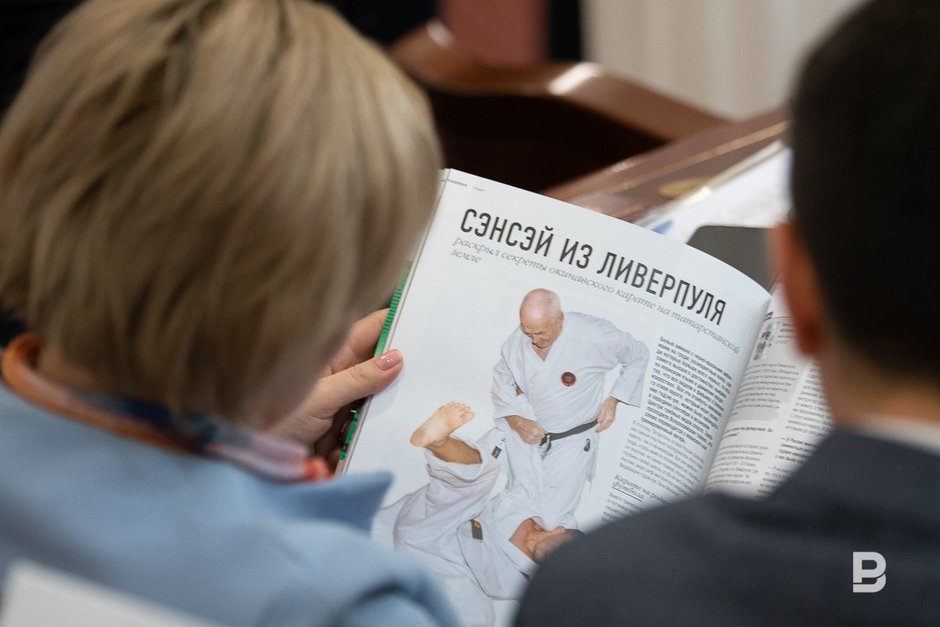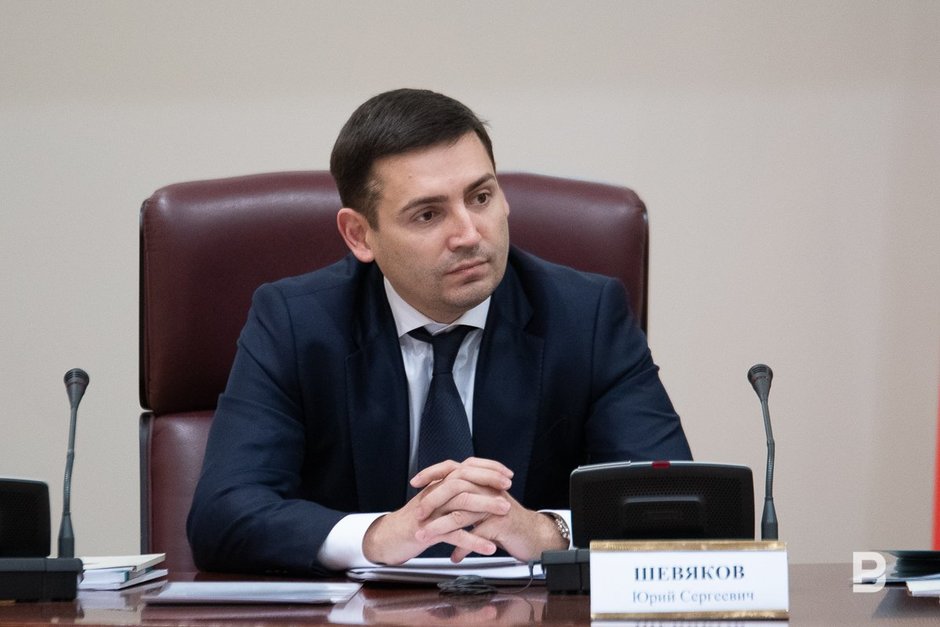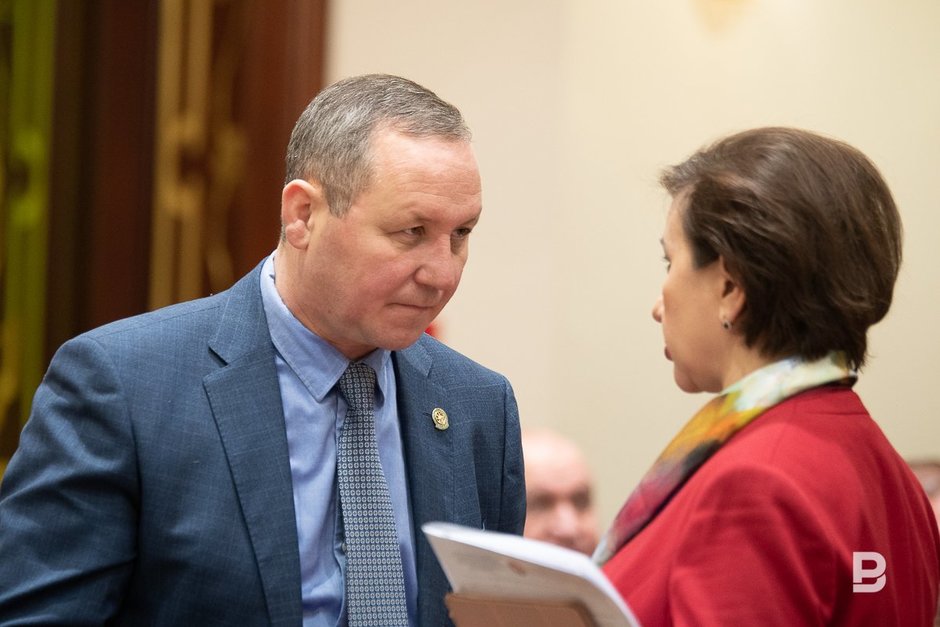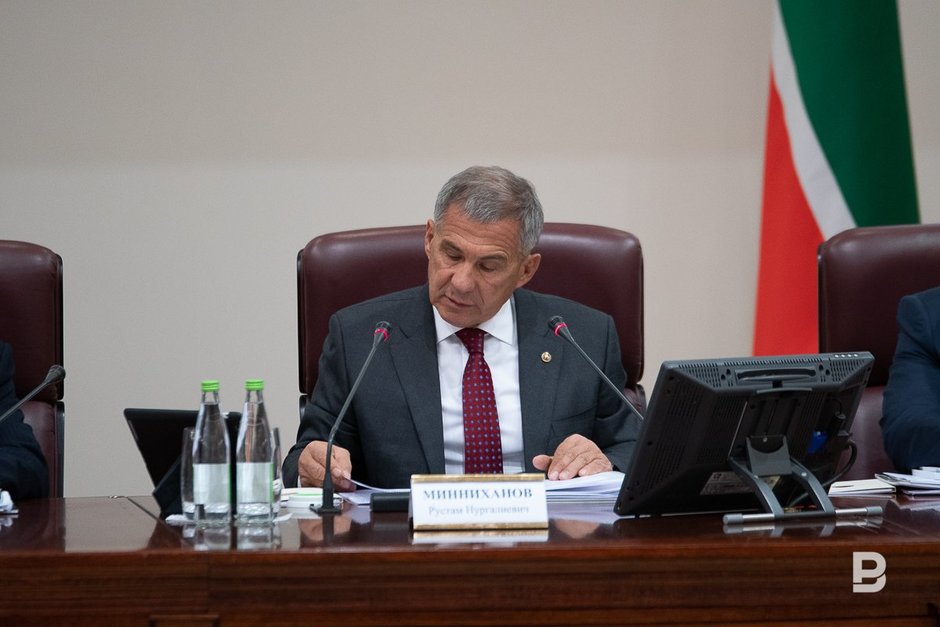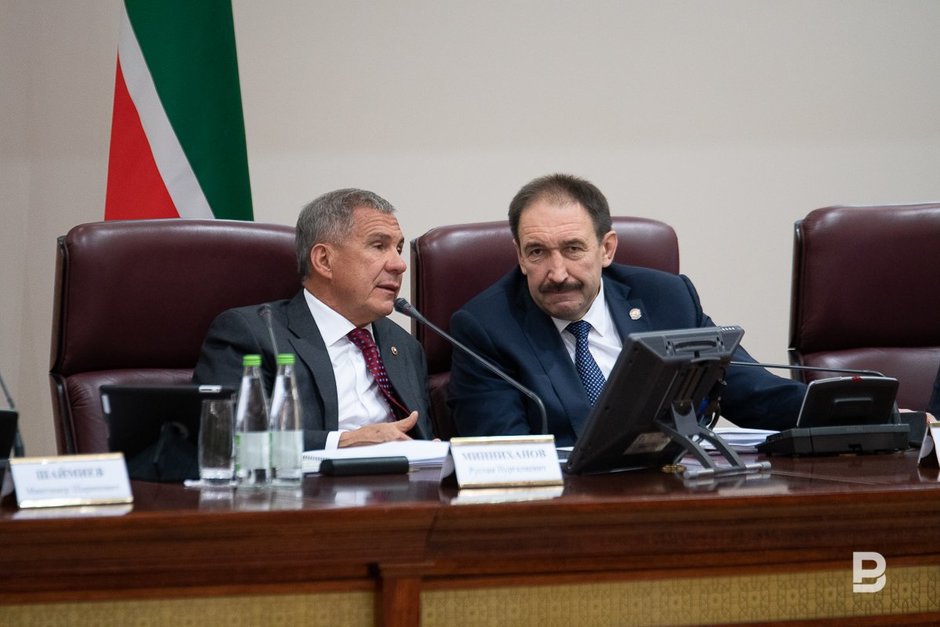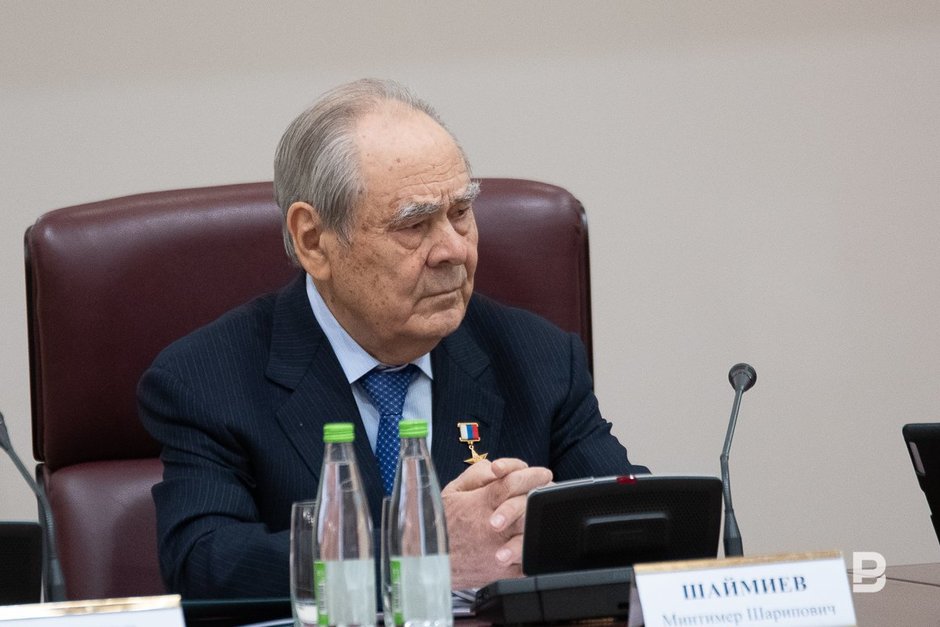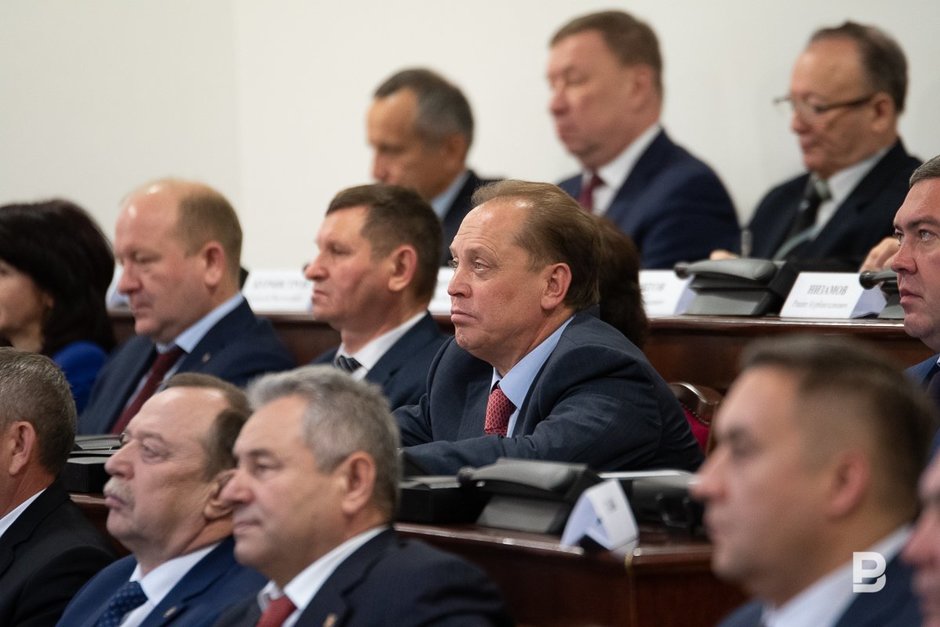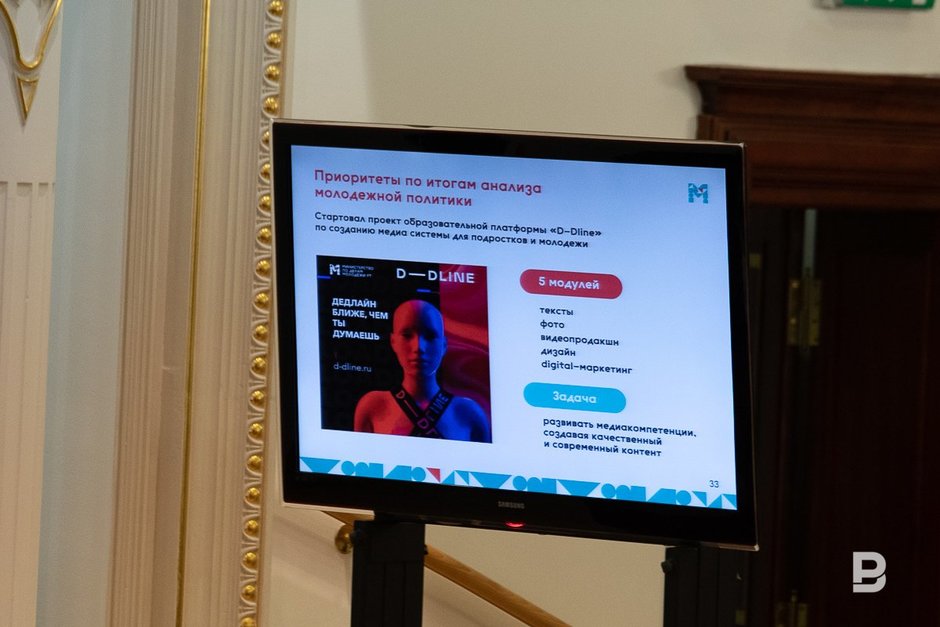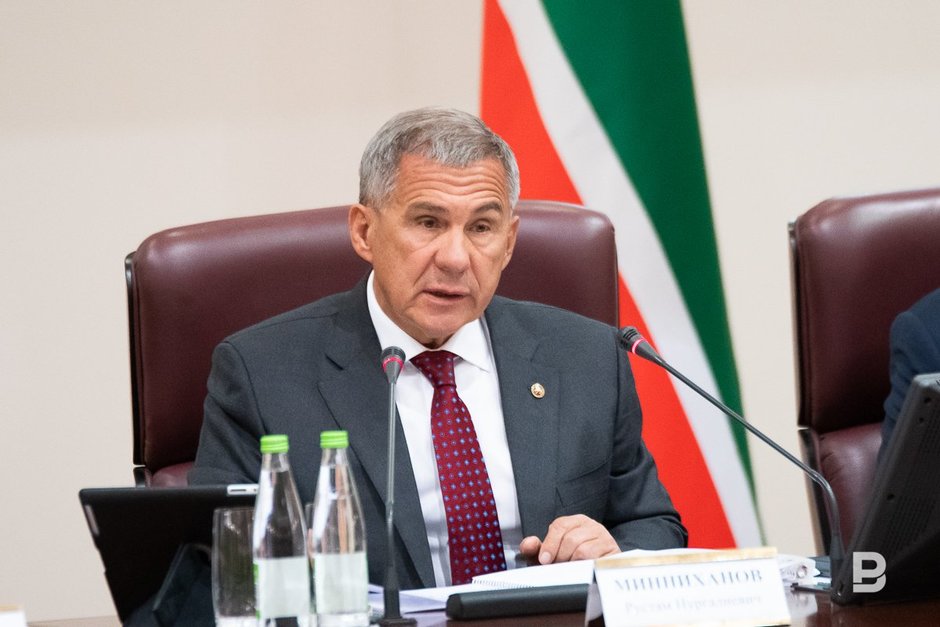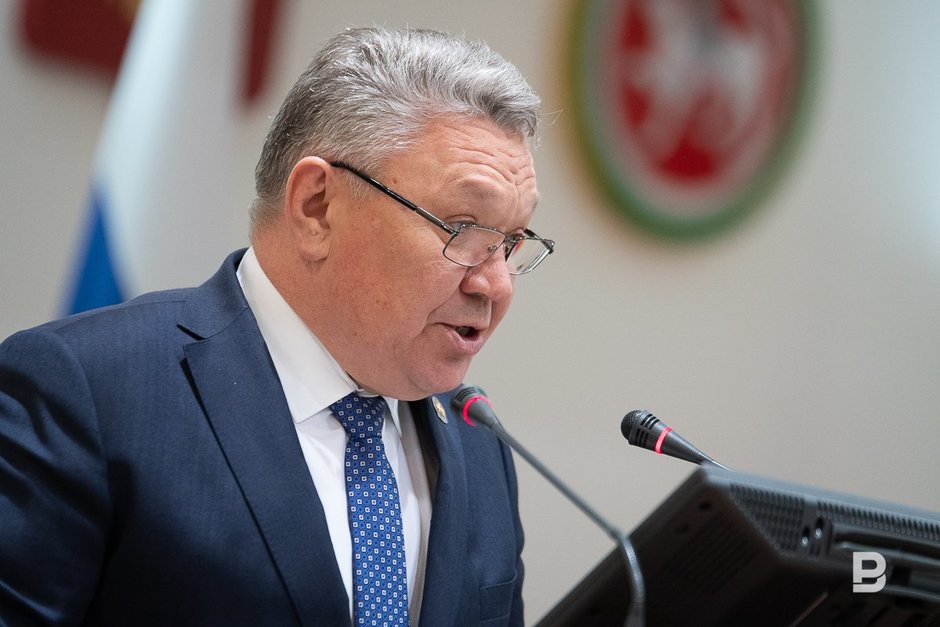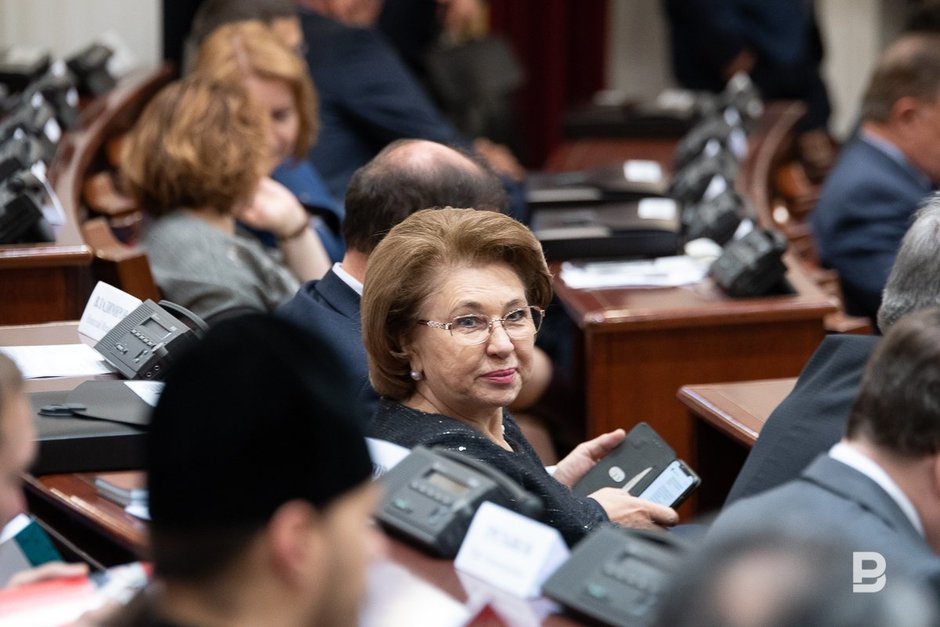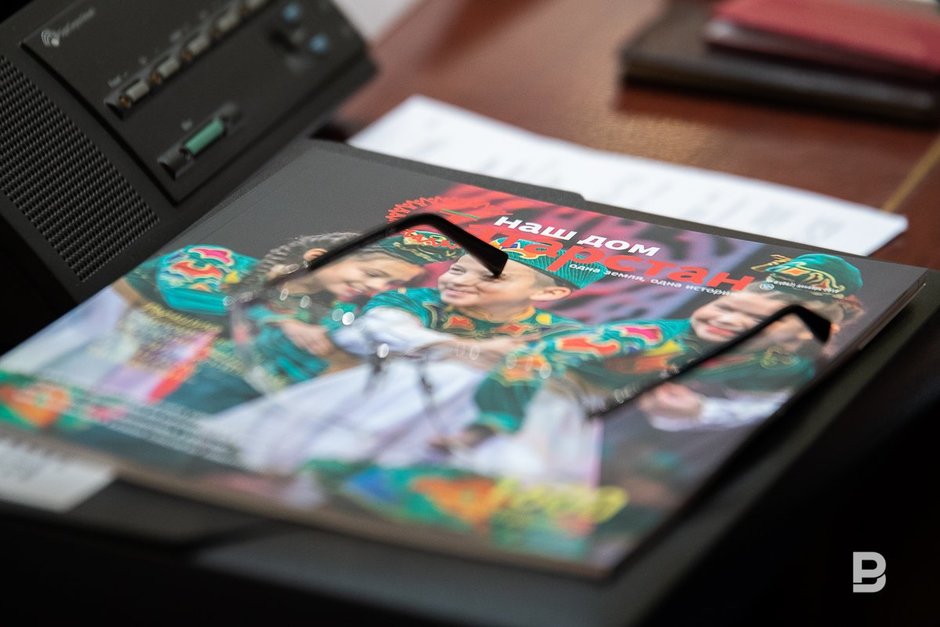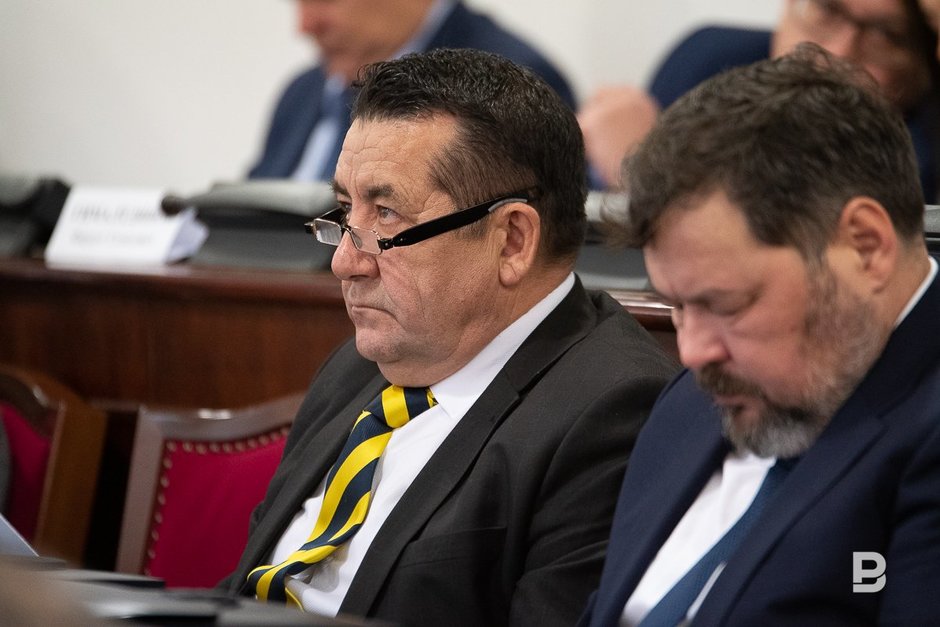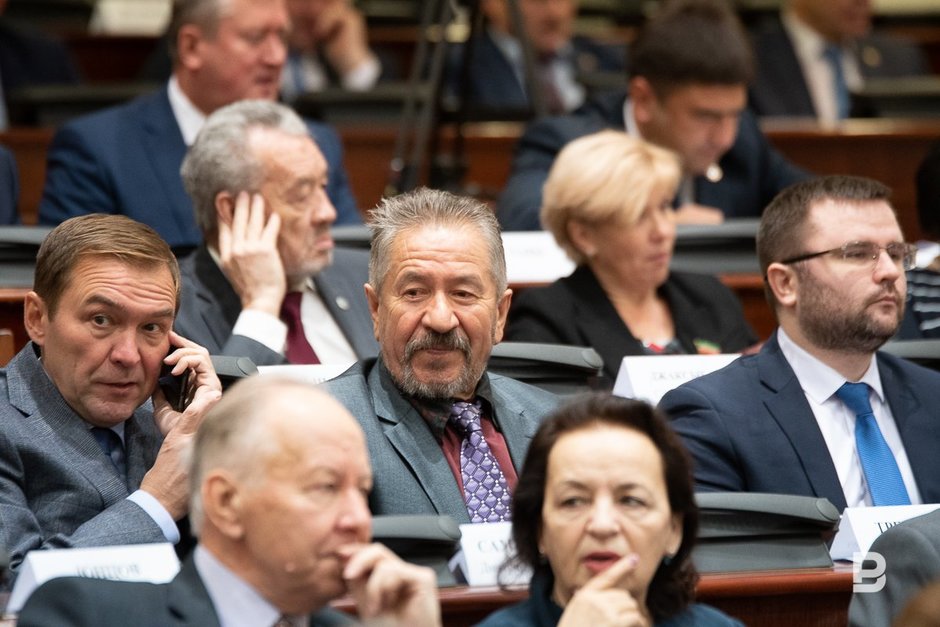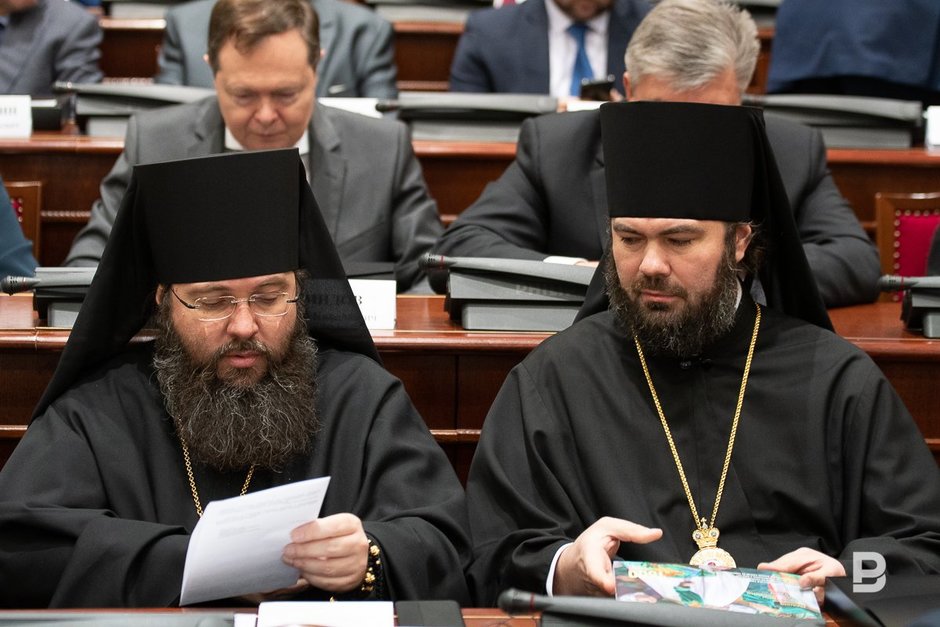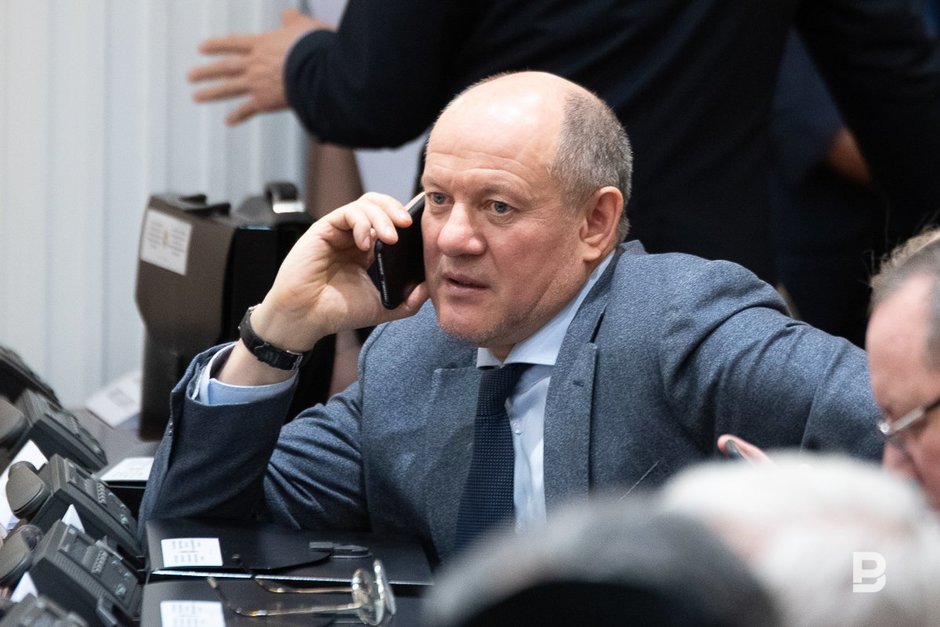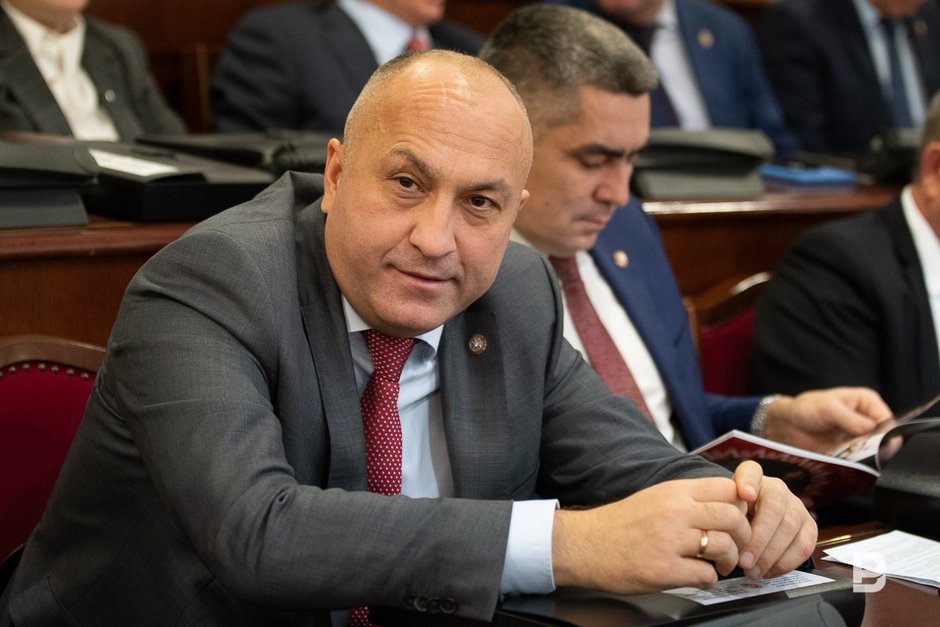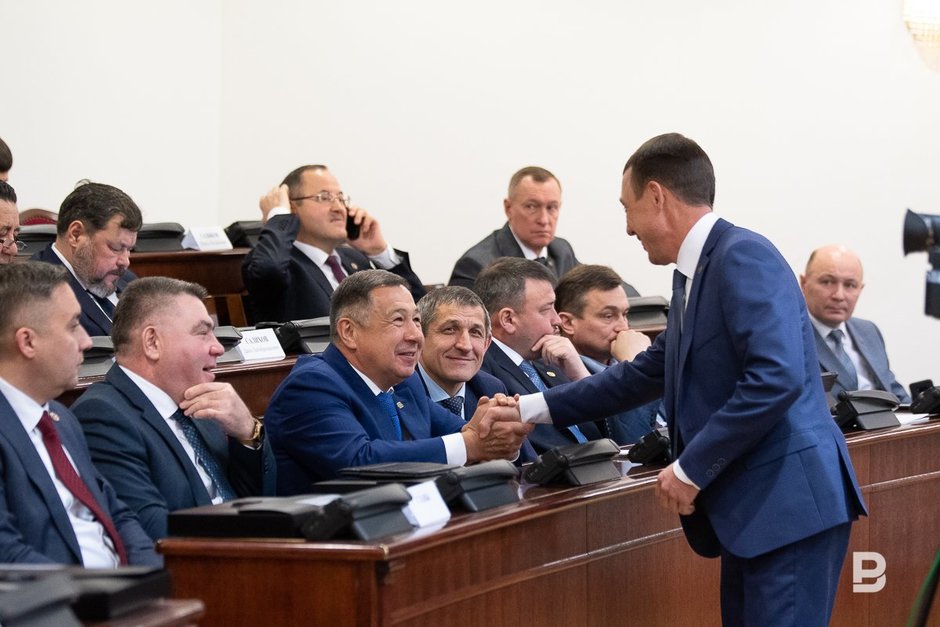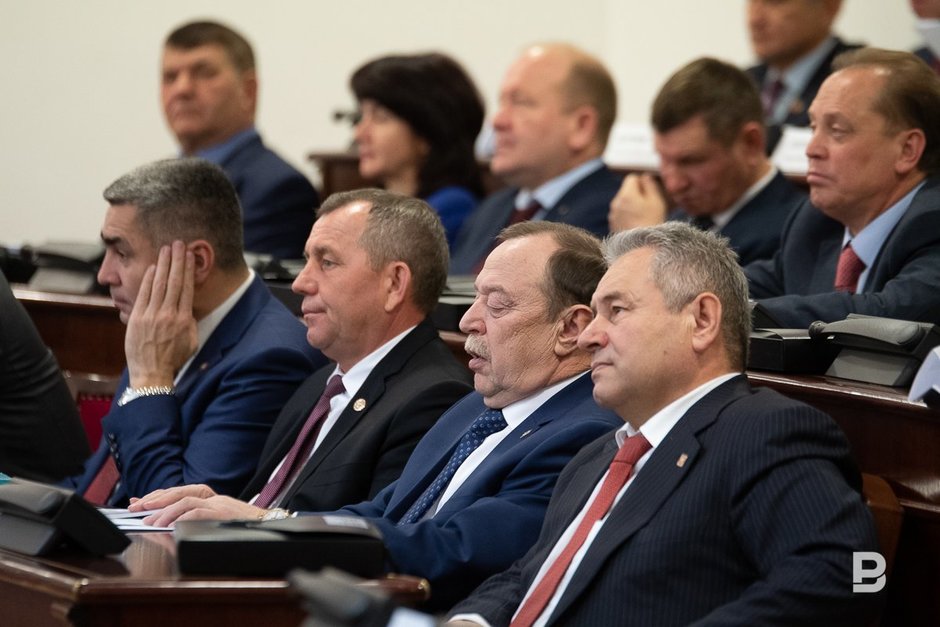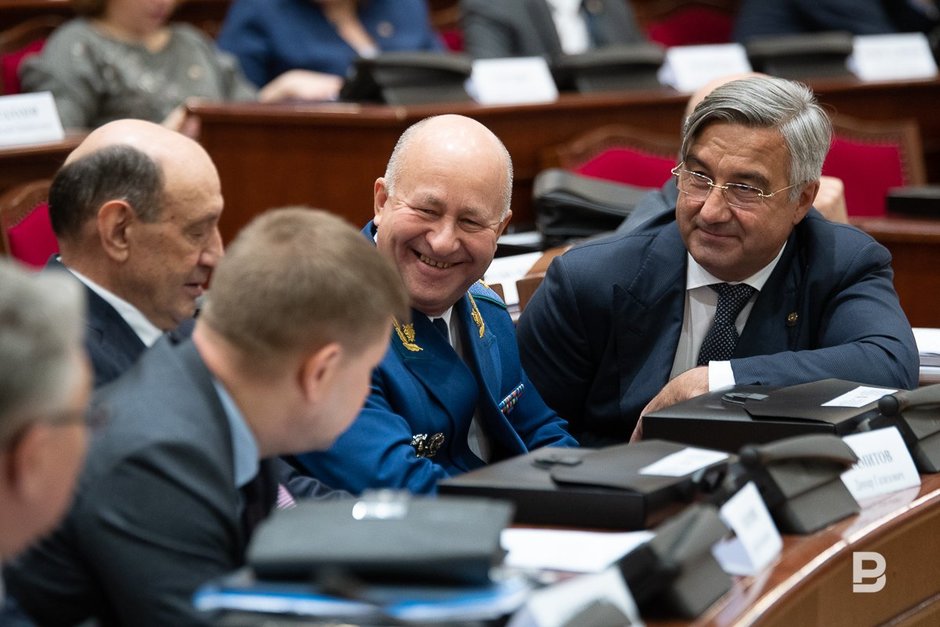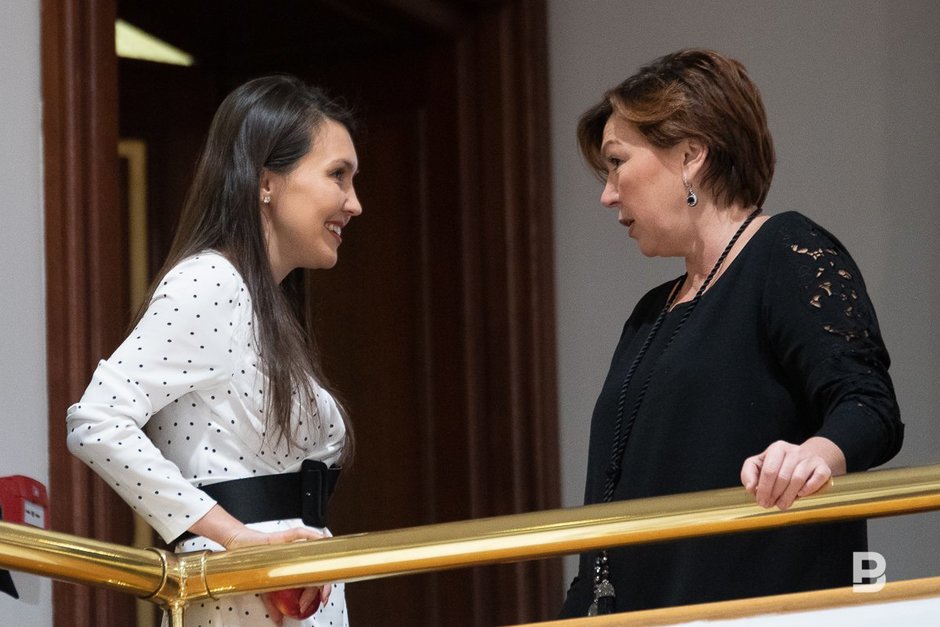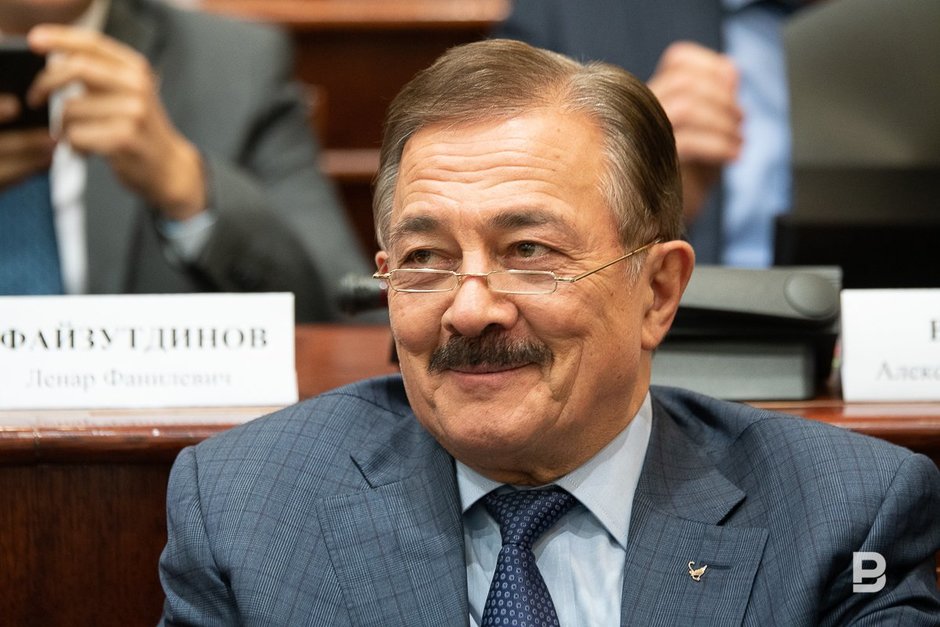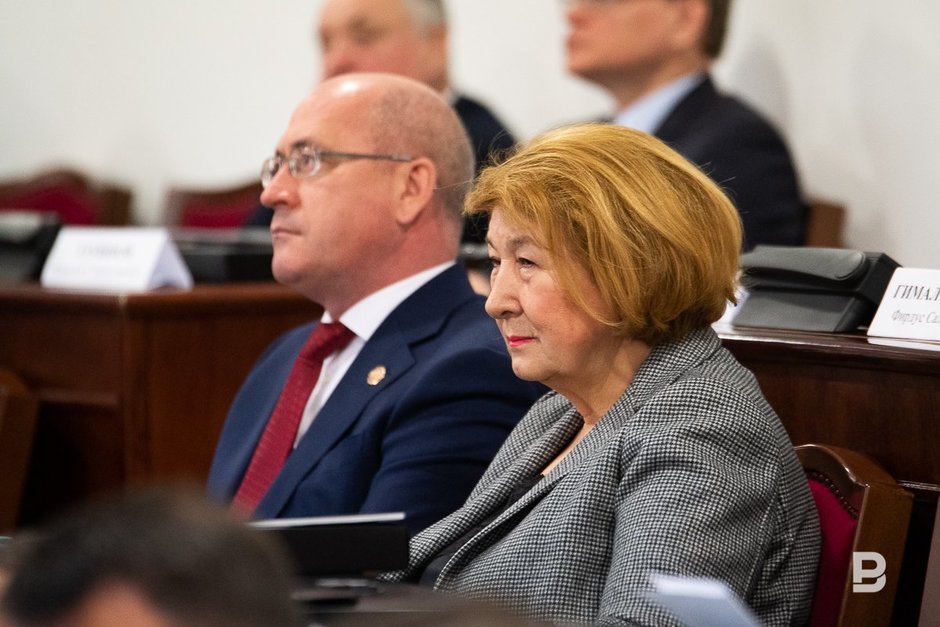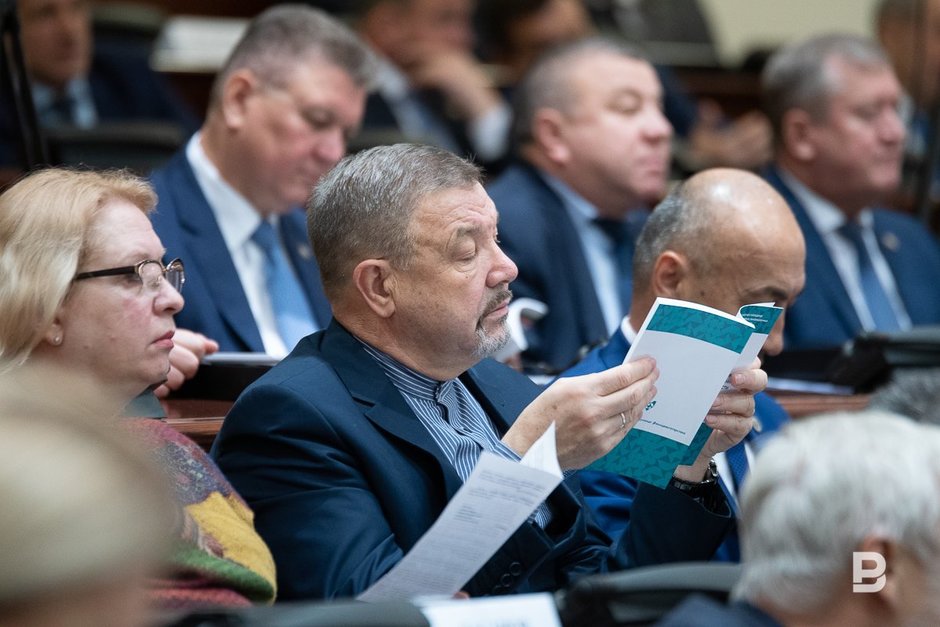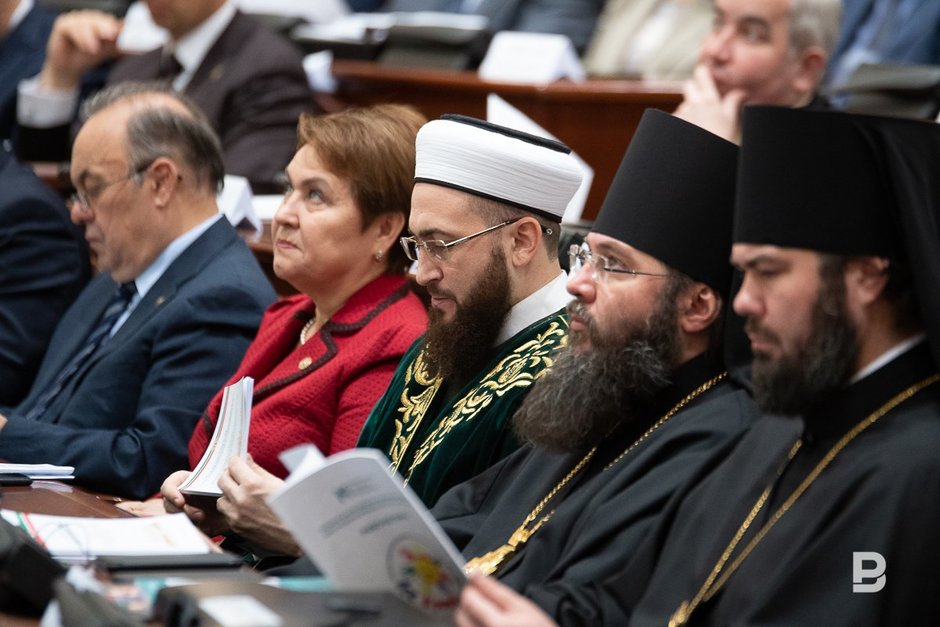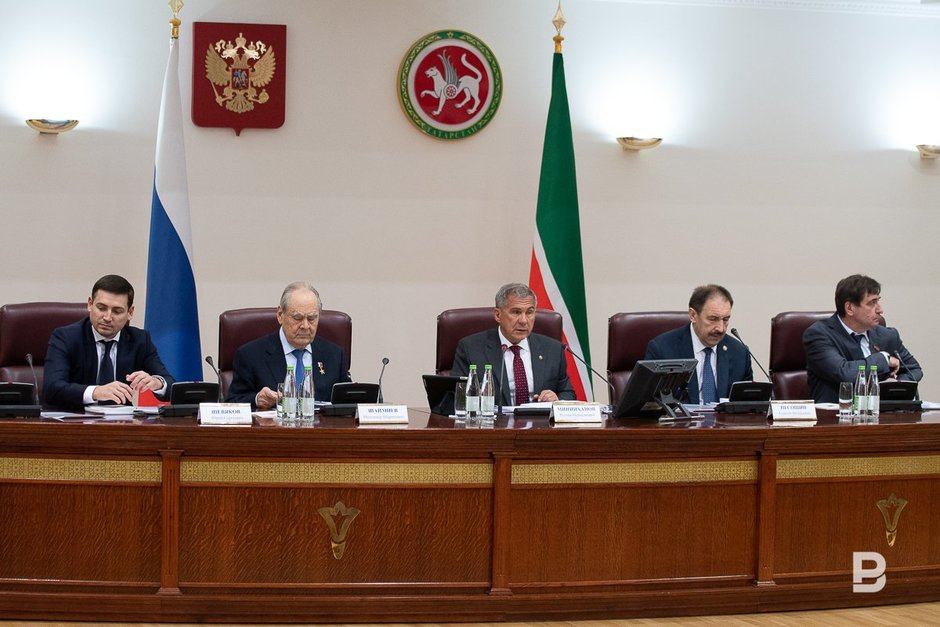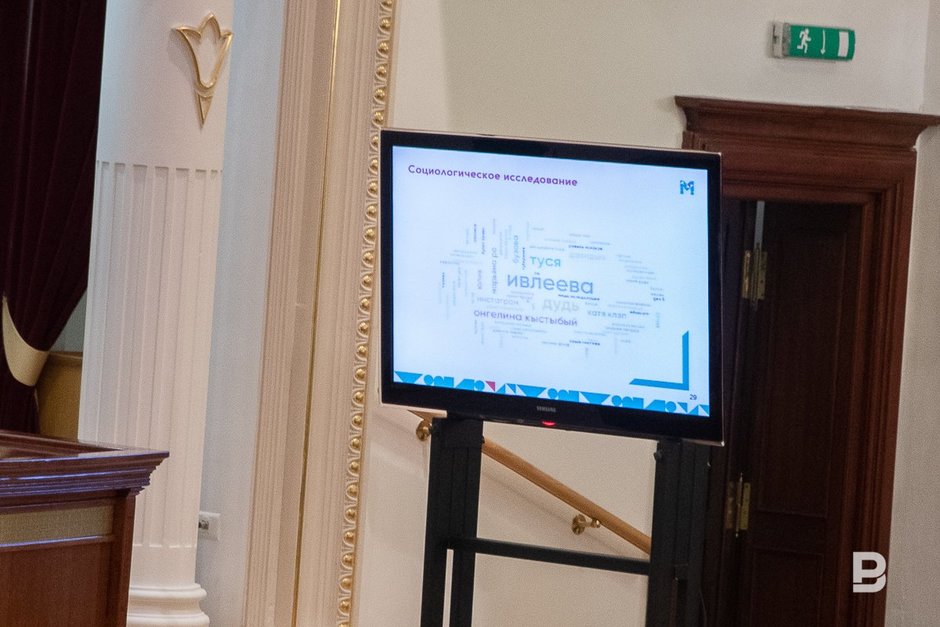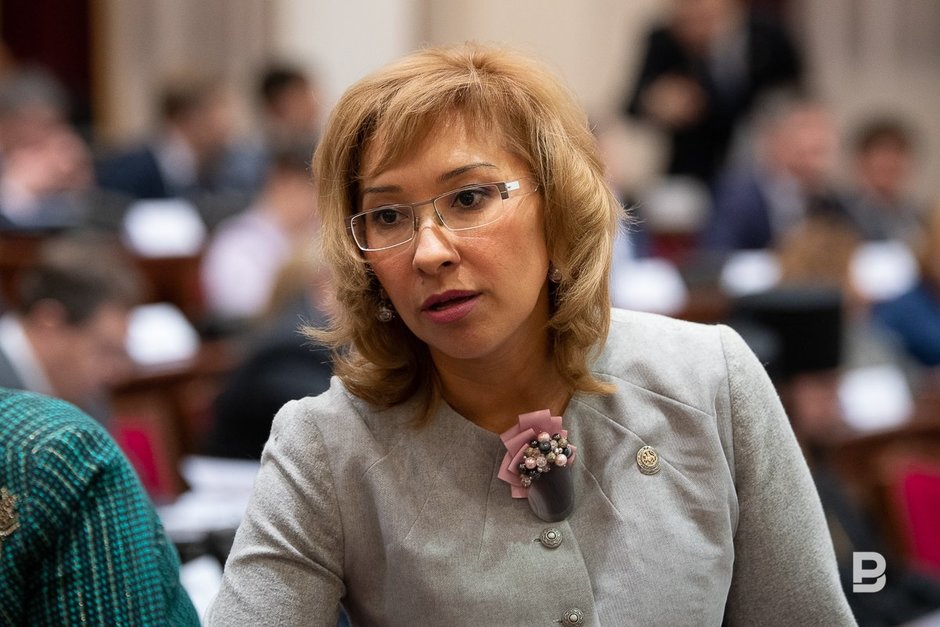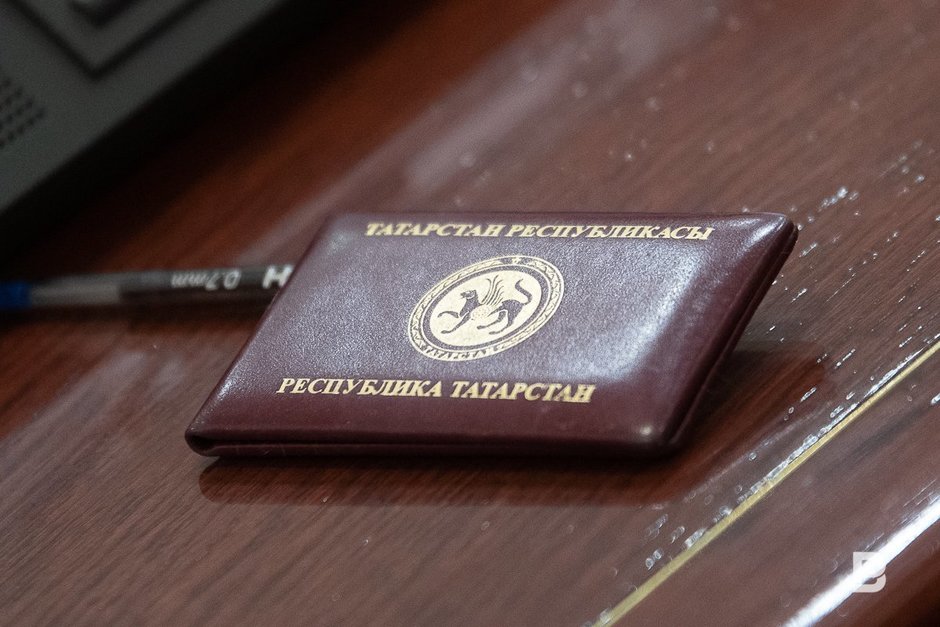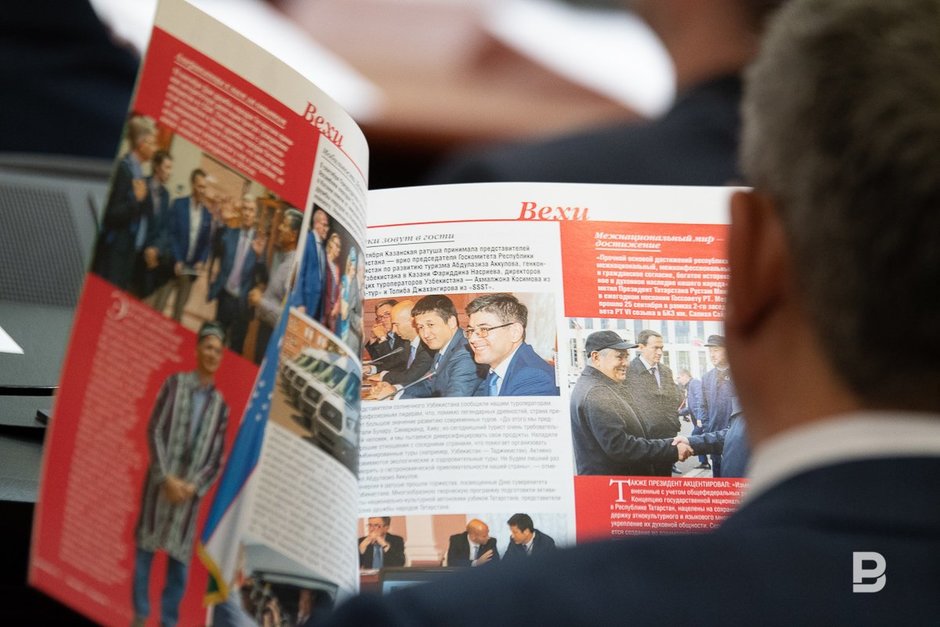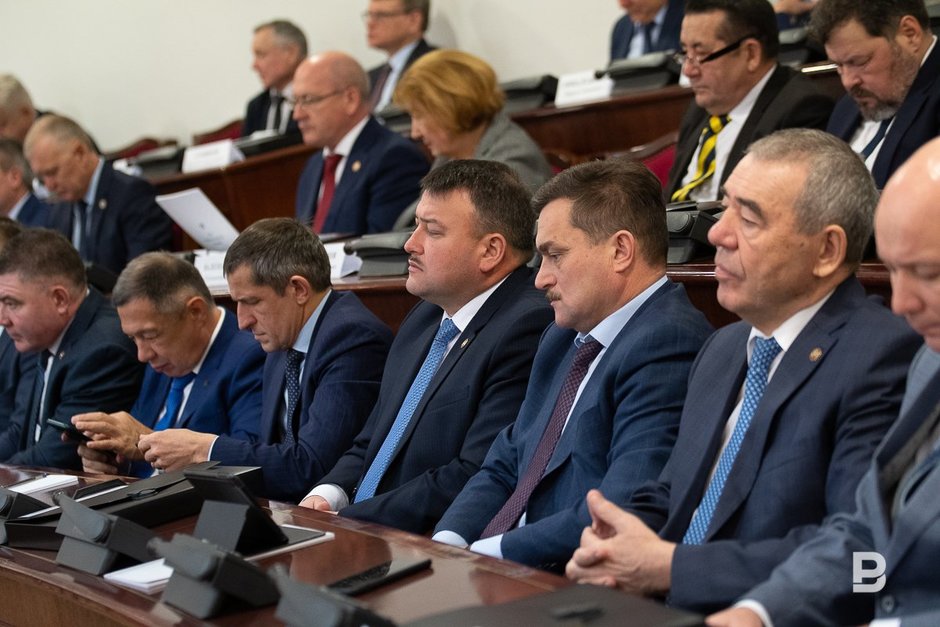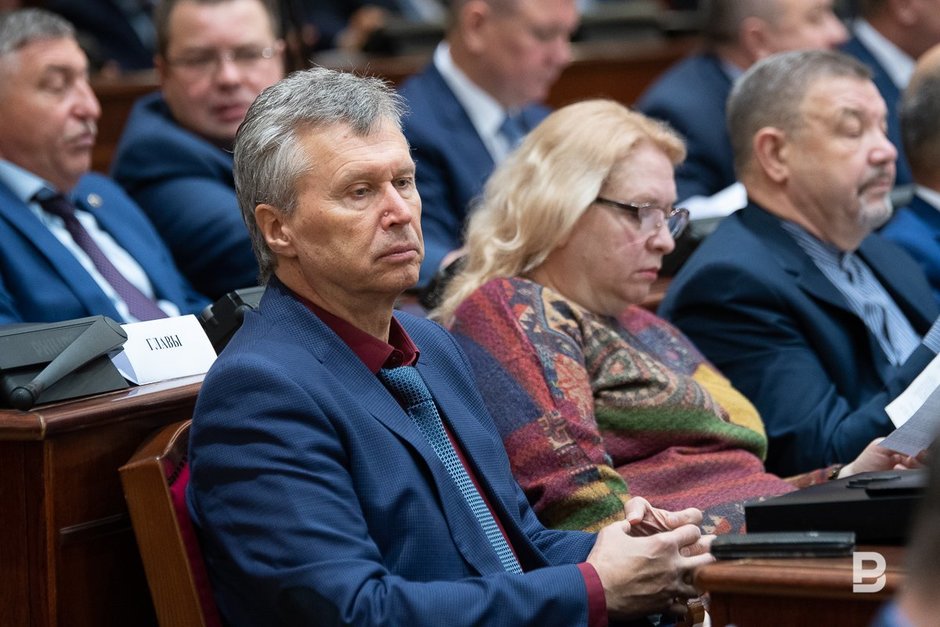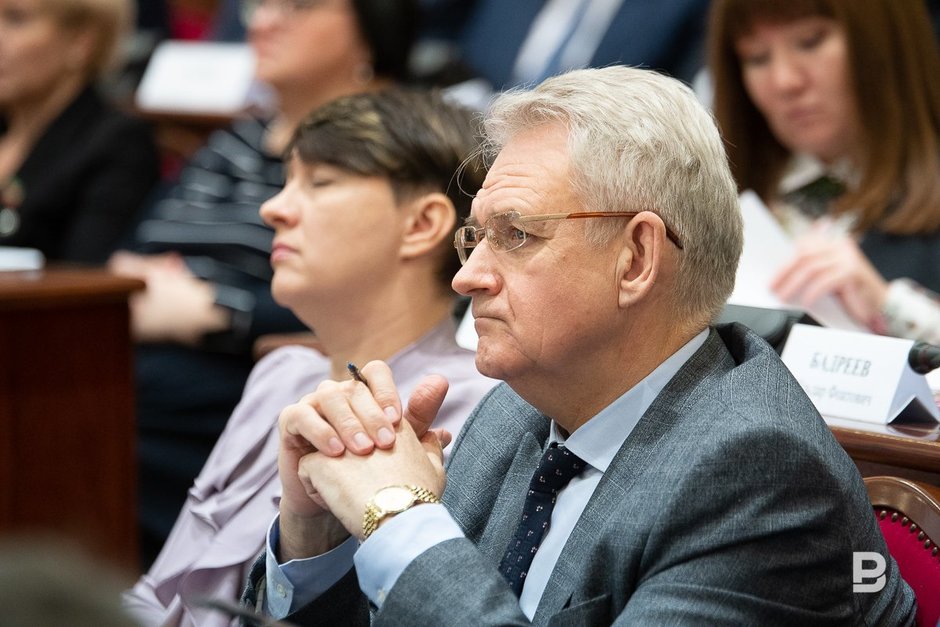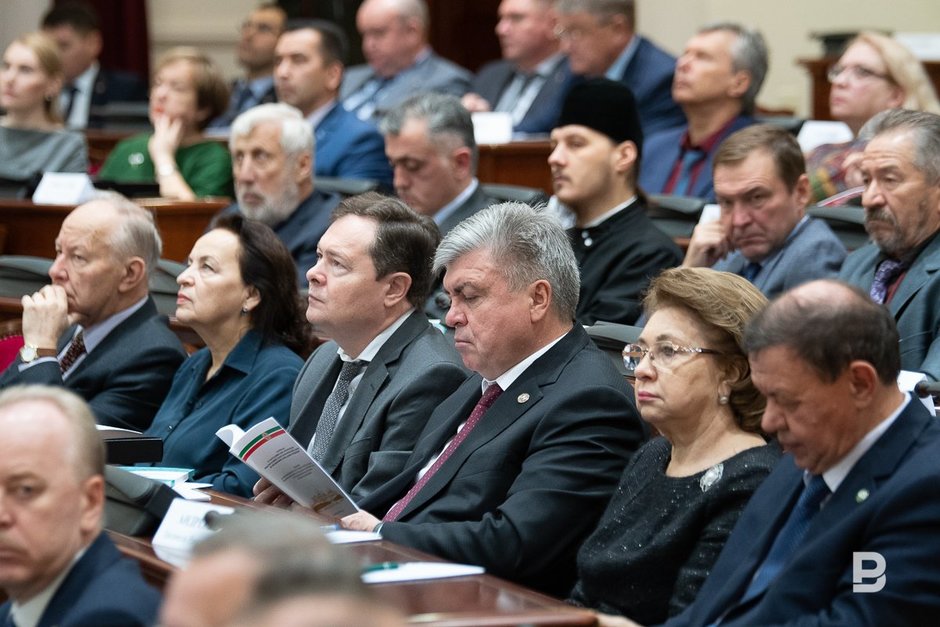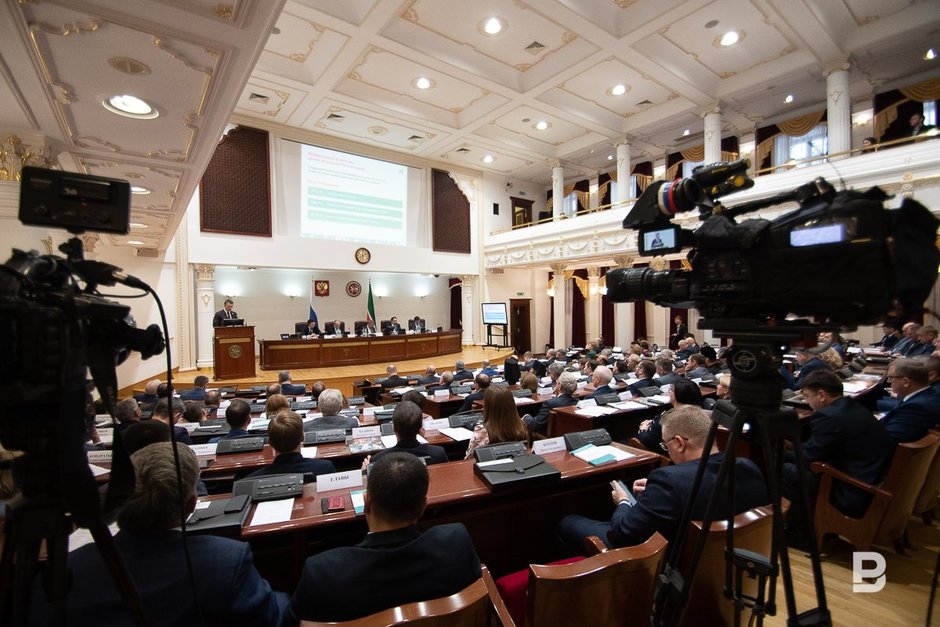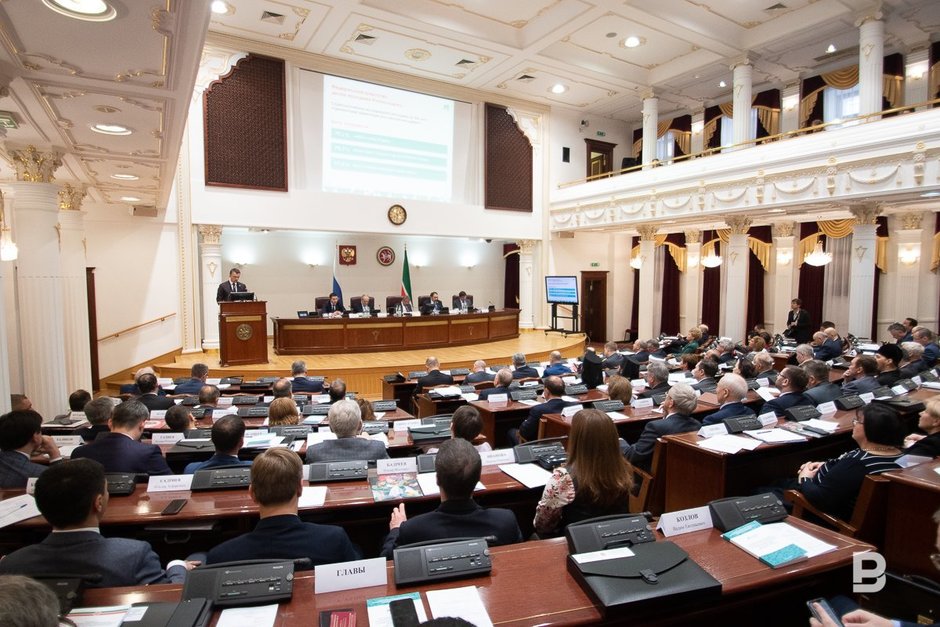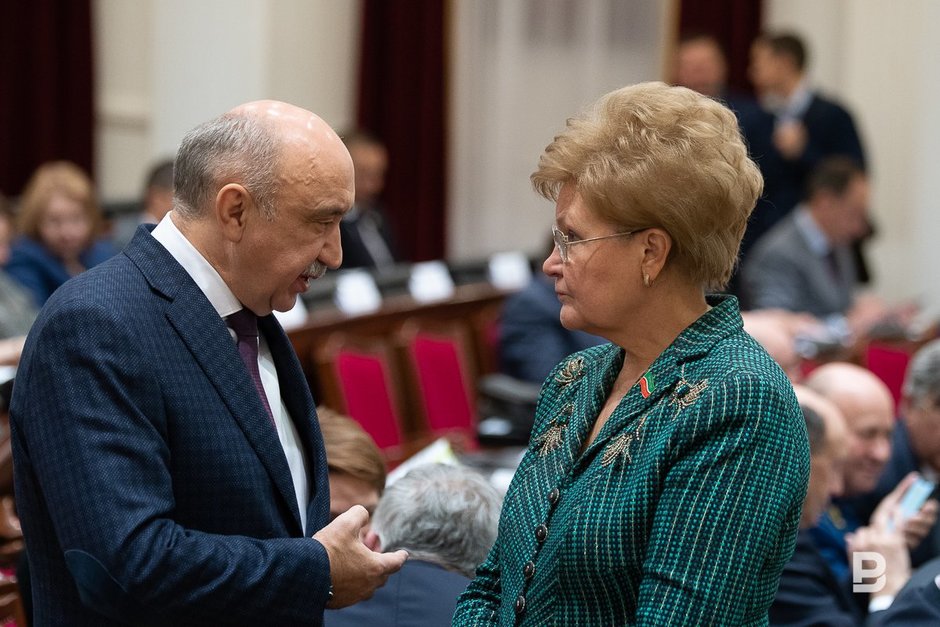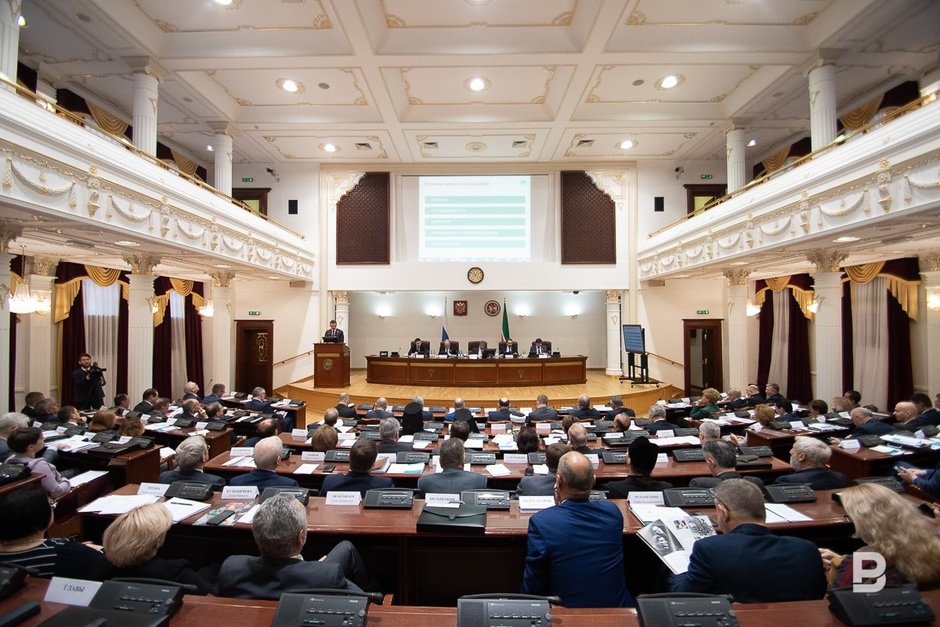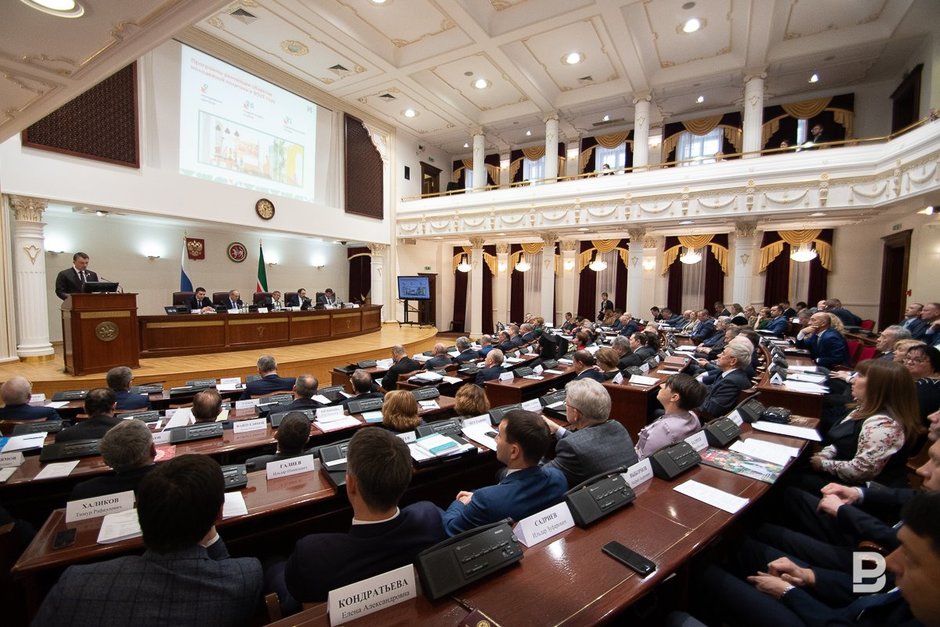Mintimer Shaimiev: “Reaching harmony among different ethnicities is a normal way of life for us”
More than half of young Tatarstan citizens value affiliation to their native people
The difficulties of fostering a sense of patriotism, the features of the formation of national identity among the younger generation of the Tatars, the “cunningness” the relevant ministry uses to lure young people into their network, and the difficulties faced by the developers of programmes and textbooks of native languages were discussed on 5 December at the meeting of the Presidential Council of the Republic of Tatarstan on interethnic and interfaith relations. What the participants discussed and what conclusion President of Tatarstan Rustam Minnikhanov drew from what had been said — read in the material of Realnoe Vremya.
According to the Strategy
A year ago, significant changes were made to the Strategy of the State National Policy of Russia, the president of Tatarstan reminded opening the meeting. Over this period, the republic has done a lot of work, approving its own Republican Concept of Implementation of the State National Policy in a new version and taking into account modern realities. An action plan for the implementation of the Strategy for 2019-2021 and amendments to the programme for the implementation of the national policy were also prepared.
The president drew attention to that the Strategy actualizes the important task of forming a culture of interethnic communication among children and young people, based on respect for the honour and national dignity of citizens, traditional Russian spiritual and moral values, a sense of pride in the history of multinational Russia, all-Russian civic identity and patriotism.
Literate society
The problem of teaching the native ethnic languages — of the Tatar language and of the peoples living on the territory of Tatarstan, is still acute in schools of the region, and the knowledge of the native language just provides awareness of the national identity of the younger generation. This idea was a leitmotif through many performances. It is no coincidence that Rustam Minnikhanov emphasized the direct link between the knowledge of native speech, national culture and awareness of their own national identity and their role in the life of the republic and the country.
The first speaker — Deputy Prime Minister-Minister of Education and Science of Tatarstan Rafis Burganov outlined this problem. The minister referred to the results of the international study of the quality of civic education ICCS, in which Tatarstan took part in 2016. The aim of the study was to assess the knowledge and skills of students in the field of civics and students' understanding of their role in the formation of civil society. The republic was represented by 3,158 eighth graders and 2,303 teachers from 148 schools.
According to open sources, more than 42% of Russian and more than 43% of Tatarstan schoolchildren covered by the study showed the highest level of achievements in the field of civics — they understand not only the essence of the processes taking place in civil society, but also the relationship between them, show holistic knowledge in this area.
Everyone to the contest!
Rafis Burganov explained that not only school but also public organizations and movements active in the republic help children to develop a civil position. In particular, he pointed out, more than 22,000 students are involved in the Tatarstan regional branch of the Russian movement of schoolchildren, more than 21,100 — in the military-patriotic movement Unarmia, and the number of participants of the 3d Republican children's art festival of folk art Bez Berge! reached 49,000.
The education of patriotism and national identity is promoted by 1,126 heroic-patriotic and local history museums operating in educational institutions of the republic, the minister of education said, and parents are increasingly becoming involved in the educational process. The republican contest of parent committees ‘The Secrets of a Friendly Class’ is gaining popularity: last year more than 2,300 people took part in it, and the best committees were from Laishevsky, Mamadyshsky, Drozhzhanovsky, Buinsky districts and Naberezhnye Chelny. On 6 December 2019, the competition starts for the third time.
Languages are never too many
Rafis Burganov highlighted the tasks and problems in the field of teaching native languages. It is not only about the language of the titular nation of the republic but also about the languages of the peoples living in its territory, he stressed:
“The preservation of the disciple ‘Native language and literature’ in the main part of the curriculum is extremely important for the preservation of the national identity of the multinational population of our country. Today, 232 textbooks on national languages are included in the federal list of textbooks. Out of them, 89 are on the Tatar language and literature, 13 — on the Udmurt language; the Chuvash, Mari, Mordovian languages are studied according to textbooks ... The programmes on native Tatar language and literature, the state language of the Republic of Tatarstan, Tatar for 1-11 grades have been developed and submitted to the federal educational and methodical associations for inclusion in the register. Programmes have been developed in these subjects, and new generation work kits are being developed.”
The youth is attracted by parks and money
Minister of Youth Affairs of the Republic of Tatarstan Damir Fattakhov spoke about topical issues of the civil-patriotic and ethno-cultural education of the younger generation.
“In recent years, together with the Youth Assembly of the Peoples of Tatarstan, projects on the adaptation of foreign students, forums and festivals ‘Friendship of Peoples — the Wealth of Tatarstan’, ‘Mosaic of Cultures’, youth ethno-markets, the Parade of friendship of peoples are implemented,” he said. “More than 5,000 young people participate in them annually.”
Damir Fattakhov highlighted the role of creating a “friendly” urban environment for young people, which has been paid close attention in Tatarstan for several years:
“The infrastructure development programmes implemented with the support of President of Tatarstan Rustam Minnikhanov had a huge positive impact on the level of patriotism [towards] Tatarstan. The youth positively assesses that landscaped parks and squares, comfortable and modern sports facilities, swimming pools and playgrounds have appeared everywhere in the republic. This directly affects the quality of life of people, and hence their positive attitude to their small homeland.”
And the minister of youth affairs noted that “resource support, including well-established grant competitions, is of great importance in the environment of opportunities for young people. Therefore, the volume of grants distributed by the Federal Agency for Youth Affairs over the past year has increased from 379 million to 2,7 billion rubles.” He thanked the president of Tatarstan for supporting the initiative of the ministry to hold the first grant competition for individuals in the republic — it starts next week and “will give new opportunities to young people in Tatarstan”.
They believe in God and in the power of knowledge
A “quantitative” assessment of the level of youth patriotism in Tatarstan has been obtained thanks to the study of social attitudes and value orientations of this part of the population of the republic, which was conducted by specialists of the KFU. The results of the study were announced by Professor of the Department of History of Tatarstan, Archeology and Ethnology of the Kazan Federal University Tatyana Titova.
She said that the awareness of a representative of a certain ethnicity, according to the study, was very important for 15,9% of respondents, important enough — for 38,3%, and not important at all — for 12,3%. It turned out that almost 70% of respondents consider themselves believers (mainly Muslims — 34% and Christians — 27,3%).
Despite the lack of unity in matters of faith and ethnic identity, 50,3% of the participants in the KFU study do not feel discomfort when communicating with people of other ethnicities, and another 33,2% — “almost do not experience”, and only 0,8% constantly suffer from this.
Making plans for the future, young people of the republic tend to rely not only on knowledge and personal qualities but also equally on connections and acquaintances (21,9%, 21,8% and 21,3%, respectively). But ethnicity in career growth, according to respondents, plays a smaller role (8,7%).
A sad touch: according to researchers, 15% of young Tatarstan citizens do not have a sense of pride for their country, and 7,5% do not feel such a feeling at all.
“What we are”
“The most interesting thing is to observe ourselves,” State Councilor of the Republic of Tatarstan Mintimer Shaimiev summed up the speeches of the participants of the meeting. “Here we are what we are — Russians, Tatars, Chuvash... But everyone has the same life. It is necessary to try to reach such agreement of people of different nationalities — for us it is a normal way of life…”
Mintimer Shaimiev stressed that we should work hard so that younger generations could understand each other, and it is necessary to make efforts for the realization of national identity in the young not only in Tatarstan but in other regions where representatives of Tatar nationality live. The state counsellor also drew attention to the problem facing all the peoples of multinational Russia today — the difficulties of organizing teaching in schools in their native language.
“Children need someone to be needed”
“The example of Tatarstan [is important] not only in the light of the regions,” President of Tatarstan Rustam Minnikhanov developed the theme of patriotism and citizenship education. “Many of our foreign partners ask, come and study. I think this is our joint work, and this work should be continued... But I believe that we are very much underachieving in terms of educational institutions. Schools are not only education, but also upbringing. I already spoke at the August pedagogical council meeting and, dear rectors [of Tatarstan universities], please pay attention to the research materials that have been announced.”
The president of Tatarstan noted that the republic is implementing “a huge number of programmes for youth sports, summer health improvement of children” but there should be “not just health improvement of children — they also should communicate”.
“Children need someone to be needed, if no one needs them, it means that either they themselves or someone finds them,” Rustam Minnikhanov stressed the danger of creating, so to speak, a political vacuum in the educational process. “Well, the issue of family is a very important institution, where norms and traditions are laid. I agree with Mintimer Sharipovich — we must preserve our identity. We travel a lot to other regions. We see how much people need to realize their ethnic, religious needs. Well, we are a big powerful country — why can't we do it?”
In conclusion, the president of Tatarstan expressed confidence that the next best practice of Tatarstan — in creating multilingual schools as a model of modern educational complex, providing competitive education in Russian, Tatar and English — will be necessarily transferred to other Russian regions.
